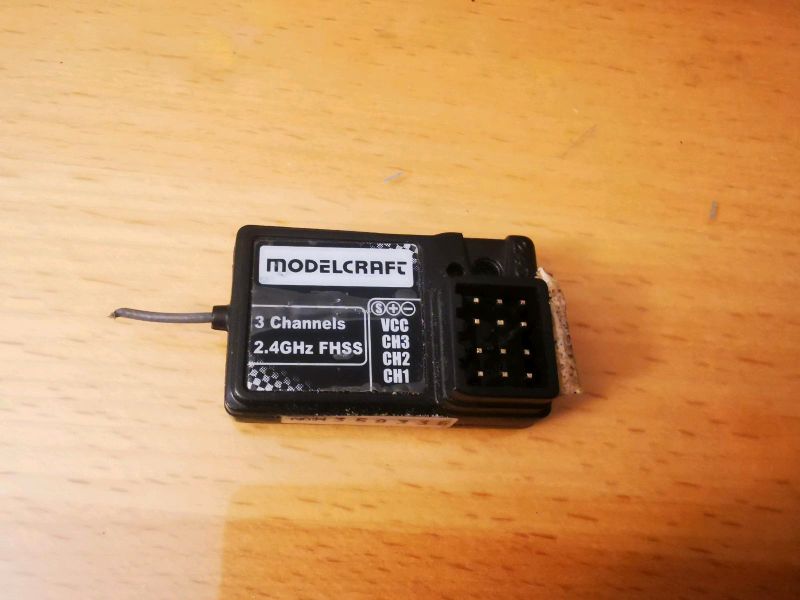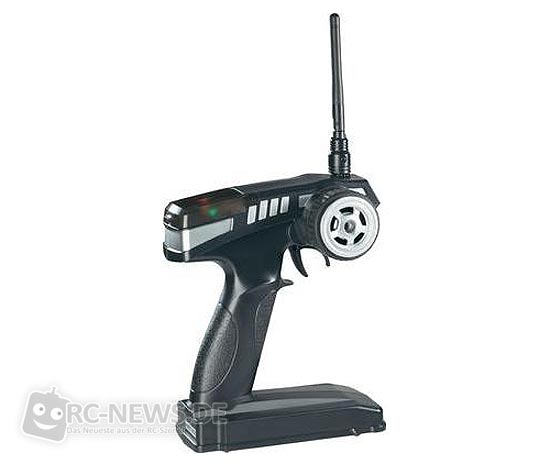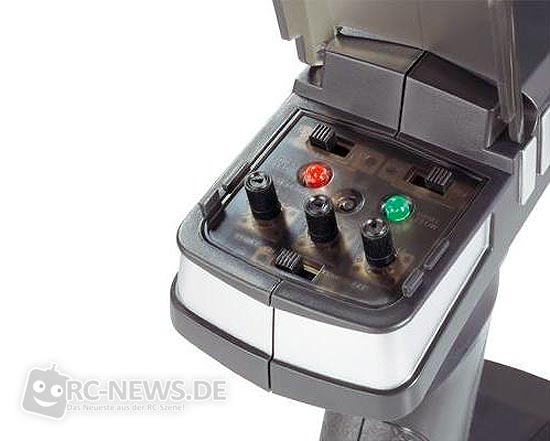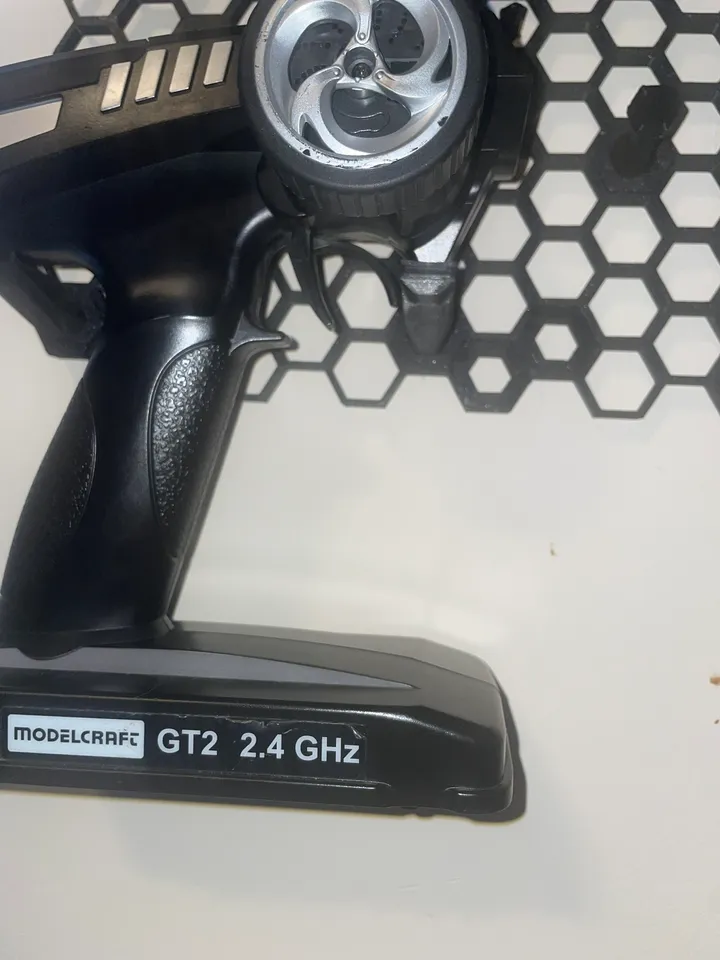
Sensor 2.4 GHz 4-Channel Wireless Transmitter + Receiver Board Module for DIY Remote Control Cars : Amazon.de: Electronics & Photo

Amazon.com: 2.4G Four-Way Remote Control Board RC Transmitter and Receiver Toy Car Robot Model Accessories for DIY Kids Toys Stem Projects : Toys & Games

2.4G Four-Way Remote Control Board RC Transmitter and Receiver Toy Car Robot Model Accessories for DIY Kids Toys Stem Projects : Toys & Games - Amazon.com

Amazon.com: 2.4G Four-Way Remote Control Board RC Transmitter and Receiver Toy Car Robot Model Accessories for DIY Kids Toys Stem Projects : Toys & Games

Sensor 2.4 GHz 4-Channel Wireless Transmitter + Receiver Board Module for DIY Remote Control Cars : Amazon.de: Electronics & Photo

2.4G Four-Way Remote Control Board RC Transmitter and Receiver Toy Car Robot Model Accessories for DIY Kids Toys Stem Projects : Toys & Games - Amazon.com

Sensor 2.4 GHz 4-Channel Wireless Transmitter + Receiver Board Module for DIY Remote Control Cars : Amazon.de: Electronics & Photo
Radio Control! RC trucks, cars, planes, boats, whatever tickles your pickle! | Toyota 4Runner Forum [4Runners.com]

Sensor 2.4 GHz 4-Channel Wireless Transmitter + Receiver Board Module for DIY Remote Control Cars : Amazon.de: Electronics & Photo

Rc Modelcraft FS-GR3C 3-Kanal Empfänger 2,4 GHz in Nordrhein-Westfalen - Gütersloh | Modellbau gebraucht kaufen | eBay Kleinanzeigen ist jetzt Kleinanzeigen

Sensor 2.4 GHz 4-Channel Wireless Transmitter + Receiver Board Module for DIY Remote Control Cars : Amazon.de: Electronics & Photo

Modelcraft Spezial-Servo RS-10 Digital-Servo Getriebe-Material: Kunststoff Stecksystem: JR : Amazon.de: Toys

Traxxas X-Maxx 8S 4WD Brushless RTR Monster Truck w/ 2.4GHz TQi Radio and TSM (Rock n Roll) (TRA77086-4-RNR)












